Massively Parallel Sequencing: Blazing New Trails in DNA Analysis
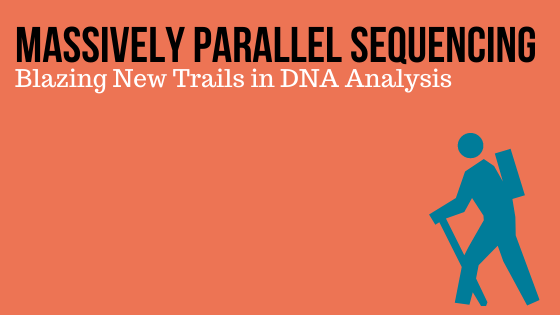
Today’s blog is written by guest blogger Ken Doyle, Promega. Reposted from The ISHI Report with permission. Analysis of short tandem repeats (STRs) by capillary electrophoresis remains the most popular method for human identification in forensic laboratories. However, interest in massively parallel sequencing (MPS) is growing rapidly, as reflected in the increasing number of […]
Sequencing Mitochondrial DNA Extracted from Historic Human Remains

DNA extracted from human skeletal remains is often of poor quality and/or low quantity. However, extracted DNA is often vital to determining the identity of an individual, particularly in forensic or missing persons cases. The goal of this research was to examine low quality DNA extracted from degraded, historic human remains recovered from a […]
How the ICMP is Using the Latest DNA Technology to Identify Missing Persons

Every year, millions of people around the world go missing as a result of conflict, human rights abuses, disasters, organized crime, irregular migration, and other causes. As the only international organization that is exclusively tasked to address this issue, the International Commission for Missing Persons (ICMP) is actively engaged in developing institutions and civil society […]
Under the Microscope – Jennifer Cihlar

Massively parallel sequencing (MPS) technologies have been extensively evaluated by forensic genomic Research and Development laboratories for the past ten years. Results from these studies have routinely demonstrated the benefits afforded by use of these enhanced technologies and have helped progress the adoption of MPS in forensic genomic laboratories that process biological evidence. The commercial […]
Under the Microscope – Elena Zavala

DNA analysis has become an essential component for resolving unidentified human remains, disaster victim identification, and cold cases. Due to the high copy number of mitochondrial DNA (mtDNA) molecules in each cell compared to nuclear DNA, mtDNA is often used in these cases to aid with identification when nuclear DNA recovery fails. The Armed Forces […]
Forensic Genetic Investigation of Two Adult Male Skeletons Recovered from the 17th Century La Belle Shipwreck using Massively Parallel Sequencing
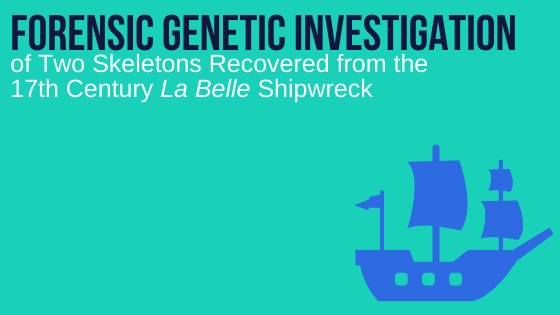
Today’s blog is written by Angie Ambers, Ph.D., Assistant Director at Henry C. Lee Institute of Forensic Science. Read the full version in the November 2020 issue of The ISHI Report. Born in 1643, the French explorer Robert Cavalier (Sieur de La Salle) is best known for leading an expedition from the Great Lakes […]
Large Population Sample of Rio de Janeiro Study Aiming at the Implementation of NGS Technology in Criminal DNA Laboratories
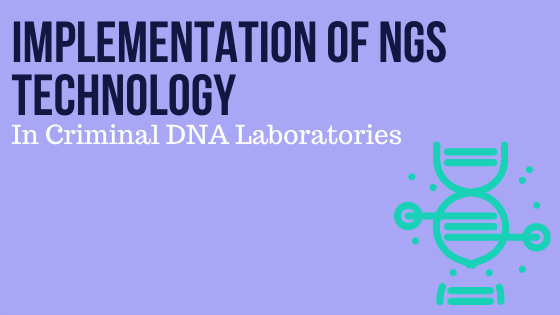
Within the field of human identification by Forensic Genetics, the most used methodology today involves the study of microsatellite regions – short tandem repeats, or STRs – after amplification of genetic material in a PCR reaction and analysis of DNA fragments through capillary electrophoresis. However, this technique usually involves the discrimination of alleles identified […]
Reverse Complement PCR: A Novel System for the Target Capture of Identity SNPs for Typing Highly Degraded DNA
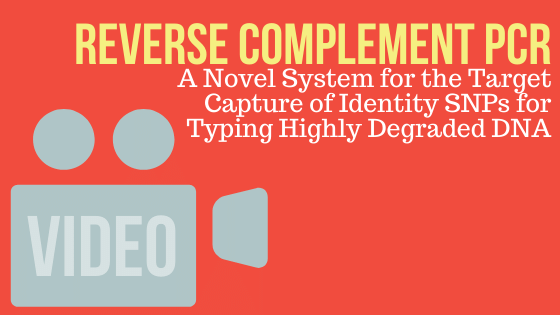
Rachel Kieser, former PhD student at the University of North Texas Health Science Center, shares the poster that she presented at ISHI on a new method to target degraded DNA. This method was used to applied to skeletal remains over 850 year old from the royal House of Aragon, showing it’s applications for more than […]
An Interview with Dr. Peter de Knijff, a Pioneer in Forensic DNA
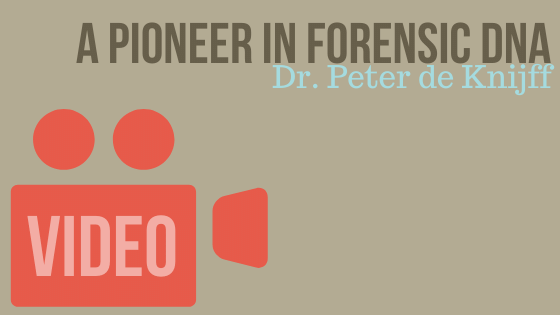
Leiden University’s Peter de Knijff humbly declines being called a guru, but, as a pioneer in forensic DNA, his contributions to the field have been plentiful. Dr. de Knijff is a full professor in population genetics and evolutionary genetics at Leiden University Medical Center (LUMC), where he has lead the Forensic Laboratory for DNA […]

